Government, one
Government is one of humanity’s oldest and most important institutions. From earliest times, some kind of government has been a vital part of every society.
This is because every society needs some people to make and enforce decisions that affect conduct within the group. The term government also refers to the process of exercising power in a group.
Vocabulary
| agency | anarchism | absolute monarchy, absolutism |
| appeal | aristocracy | authoritarianism |
| ruling | authority | authorities |
| statues | autocracy | embezzlement |
| rule | despotism | accountability |
| rightist | charisma | subjugation |
| riot | rebellion | unemployment |
| rebel | Democrat | revolution |
| bureau | bribery | brainwashing |
| graft | decision | public opinion |
| bureau | bureaucrat | bureaucracy |
| budget | centralist | mixed economy |
| control | center left | center right |
| allow | city council | code of conduct |
| justice | opposition | civil servant |
| Greens | corruption | comptroller |
| royal | judiciary | ultra-conservative |
| session | neo-liberal | crony capitalism |
| labor | peasant | gerrymander |
| debt | defense | centrally planned economy |
| deficit | democracy | demagogue |
| revolt | subjects | demonstration |
| district | divine rule | egalitarianism |
| election | cronyism | electoral college |
| fascism | federalism | reactionary |
| serf | serfdom | critic, criticism |
| lord | nobility | committee |
| survey | freedom | free market |
| ethics | Left Wing | government employee |
| illegal | congress | child support |
| leftist | coalition | impeachment |
| ban | inflation | conservative |
| legal | penal code | justice system |
| trial | legislature | supreme court |
| judge | executive | penal system |
| court | benefits | kleptocracy |
| law | president | gerontocracy |
| libel | capitalism | municipality |
| poll | filibuster | approval rating |
| Left | prohibit | government |
| legal | oligarchy | classical liberal |
| office | populist | department |
| liberal | officials | communism |
| mayor | majority | vice-president |
| morals | leadership | press freedom |
| patriot | parliament | senate hearing |
| coup | petition | parliamentary democracy |
| treaty | plutocracy | political party |
| leader | moderate | presidential system |
| media | populism | social democracy |
| probe | republic | propaganda |
| official | revenue | prime minister |
| protest | feudalism | representative |
| probity | pension | reserve bank |
| vote | right wing | state coffers |
| senate | scandal | runoff election |
| radical | nationalist | senate committee |
| state | socialism | state run media |
| taxes | treasury | totalitarianism |
| VIP | tyranny | tyranny of the masses (majority) |
| veto | rule of law | social security |
| welfare | incumbent | public housing |
| tribalism | welfare state |
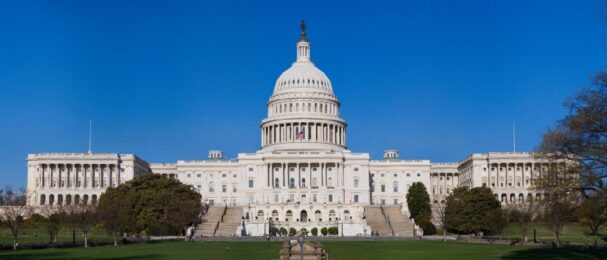
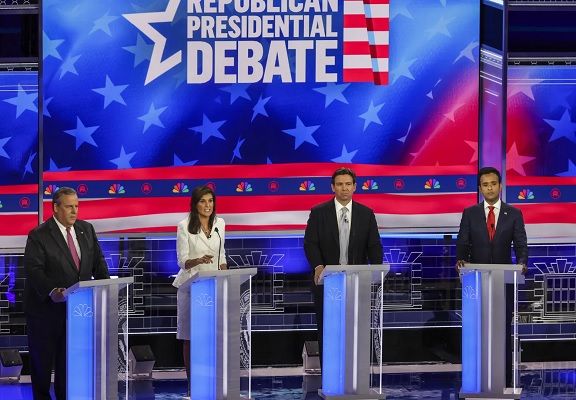
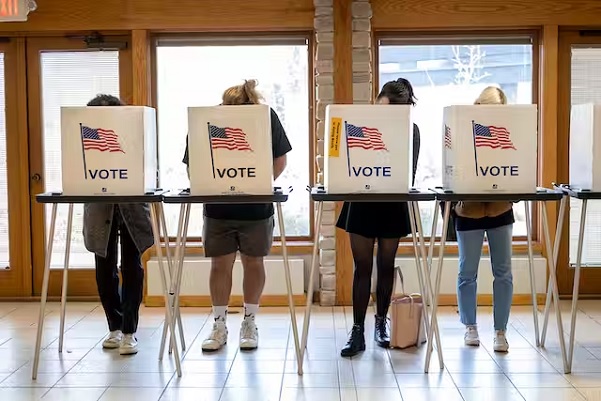
In General
508 BC. What form of government does your country have? Describe your country’s form of government.
509 BC. What is or are the “best” or “good” forms of government? Give examples.
480 BC. Which are the “worse” or “bad” forms of government? Why do you think they are bad? Give examples.
45 BC. In your opinion, which nations have the “best” government?
27 BC. Are there any changes you like to see in the government? What are they? For example?
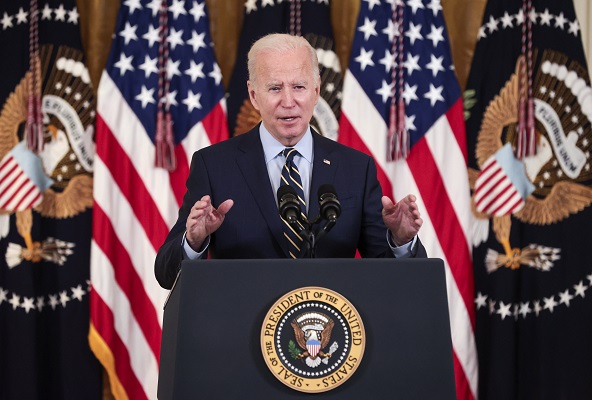
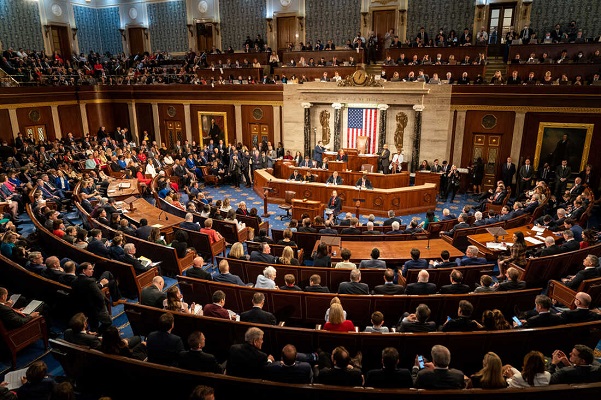

Role of Government
1213. Would you like to see a “big” government, “medium-sized” or “small” government? What does this mean?
1517. In your opinion, what is the role or purpose of a government?
1648. Does government tend to serve the people or serve itself, or both? Why? Give examples.
Capitalism and Socialism
1688. Should the goods and services be produced and provided entirely by private enterprises? Or should some industries and services be owned and operated by the governments?
1776. Which runs or which would run an entity or organization better, one that was nationalized or one that was privatized, or does it depend?
1789. Should there be trade unions? Should employees organize themselves into unions?
Important terms in government
Abdication is giving up the right to rule.
Amendment is a change made in a law, a constitution, or a legislative bill.
Amnesty means forgiveness granted by a government.
Anarchism is a belief that every form of government regulation is wrong and that public governments should be destroyed.
Aristocracy is a form of government controlled by a few people, usually wealthy members of the nobility.
Authoritarianism is a form of government in which the governing power is used without the consent of the governed. It is undemocratic, but it is generally not so extreme as totalitarianism.
Authority is the right and duty to make decisions, and the power to enforce them.
Autocracy is rule by one person who has complete control of all branches of the government.
Autonomy means self-government and usually refers to a political unit that is not completely independent. Each state of the United States has some autonomy.
Bill of rights is a document that describes the basic liberties of the people and forbids the government to violate those rights.
Bureaucracy is the system of officials who carry out the functions of a government.
Cabinet is a group of senior government ministers, including the heads of major government departments. A cabinet meets to decide government policy and to discuss political matters.
Capitalism is an economic system in which individuals or private businesses own most of a nation’s means of producing goods and services.
Checks and balances are limitations on the powers of any branch of government. Checks and balances are created by giving each branch some powers that offset those of the other branches.
Civil rights are the freedoms that people may have as members of a community, particularly a nation. In most countries, law and custom guarantee civil rights.
Civil service includes most civilian government employees who are appointed rather than elected.
Colonialism is a term that refers to the rule of a group of people by a foreign power.
Common law is the body of rules found in the written records of judges’ decisions. It is law made by courts, rather than by legislatures.
Communism is a form of government, an economic system, a revolutionary movement, and a philosophy. Communism calls for government control of economic activity and for government ownership of factories, machines, and other means of production.
Conservatism is a political belief in making changes in line with proven values of the past. Most conservatives, for example, are opposed to sudden changes in the level of government power.
Constitution is the written or unwritten collection of rules and principles followed by governments.
Democracy means rule by the people. It may refer to a form of government, or to a way of life.
Despotism is a form of government in which the ruler has unlimited power over the people.
Dictator is any ruler whose power is not limited by law or by the acts of any official body, such as a legislature.
Due process of law consists of the legal steps that must be taken whenever a person is charged with breaking the law.
Executive is the branch of government that oversees the carrying out of laws. A democratic government has three branches: legislative, judicial, and executive.
Although power is shared, congress or parliament has most legislative duties, the courts have most judicial duties, and the president or prime minister is the chief executive.
Fascism is a strongly nationalistic movement favouring government control of economic and social activity but private ownership of property.
Federalism is a union of two or more sovereign political units, such as states or provinces, under a single government of limited powers.
Filibustering is a method used by lawmakers to block or delay passage of a proposed bill. One legislator, or a group of legislators, makes long speeches or demands unnecessary roll calls to use up time and keep the bill from coming to a vote.
Habeas corpus refers usually to a writ of habeas corpus, an order by a judge requiring the police to bring an arrested person into court. The court then decides if there is good reason to hold the prisoner.
Impeachment is an official charge by a legislative body accusing a government official of being unworthy of office.
Imperialism is the policy or action by which one country controls another country or territory.
Initiative and referendum are actions that allow voters a certain amount of direct control over lawmaking. Through the initiative, the voters can introduce a law. Through the referendum, a proposed law is put up to the voters for approval or disapproval.
Judiciary is the branch of government made up of courts and judges.
Law is a set of rules that public governments make and enforce.
Left wing is a group of people and parties holding radical views. Many left wing groups support socialist or Communist views.
Legislature is the lawmaking branch of a government.
Legitimacy is the widespread acceptance of the authority of a public government.
Liberalism is a political philosophy that favours greater democracy, greater individual freedom, and measures to correct social and economic inequality.
Monarchy is a form of government in which a ruler, such as an emperor, king, or queen, holds power, either actually or ceremonially, for life.
Nationalism is a people’s sense of belonging together as a nation.
Oligarchy is a form of government in which a small group of people holds the ruling power.
Parliamentary system of government consists of a legislature (parliament) and a cabinet. A prime minister, premier or chancellor heads the cabinet, which is chosen from the parliament and stays in office as long as it is supported by a majority of the elected representatives.
Plebiscite is a vote of the people. The term has come to mean the vote of the people of a certain place to choose the nation that will govern them.
Political party is an organized group of people who control or seek to control a government.
Presidential system of government consists of separate legislative and executive branches. A president, who is elected for a fixed term, heads the executive branch.
Radicalism is a political philosophy that emphasizes the need to find and eliminate the basic injustices of society.
Republic is a form of government in which the citizens elect representatives to manage the government.
Right wing is a group of people and parties holding conservative or reactionary views.
Social democracy is a political philosophy that supports socialist ideals, but favours a mixed economy (part capitalist and part government-controlled).
Socialism is an economic system and also a way of life. Socialists believe that a country’s principal means of production should be owned or controlled by public governments or by cooperatives.
Socialization is the process of learning or being taught the standards of a group or society.
Sovereignty is the supreme power of a country over its own affairs.
Totalitarianism is a form of government in which the state claims control of all the activities of the people.
Tyranny is a term used throughout history to describe various forms of government by rulers who have unrestricted power.
Welfare state is a term sometimes applied to a country in which the government assumes major responsibility for the social welfare of the people.
